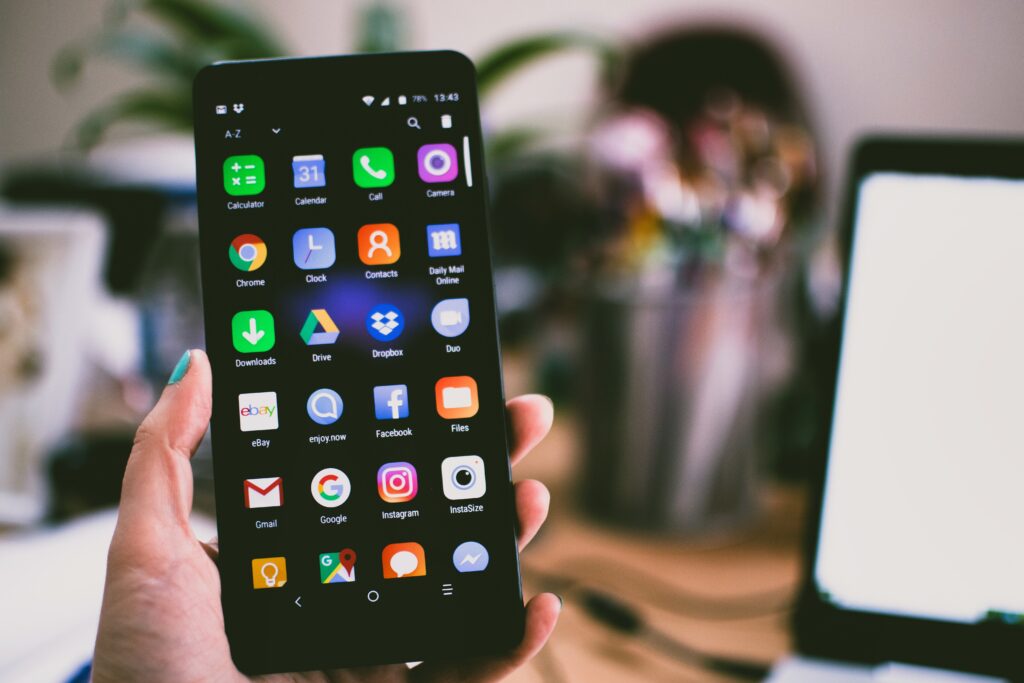In an age dominated by smartphones and applications catering to our every need, concerns about digital privacy have taken center stage. The nagging question on everyone’s mind: Are our apps secretly spying on us? A recent investigation dives deep into the world of app privacy, unveiling startling revelations about how our personal data is being collected, shared, and potentially exploited.

The Digital Footprint We Leave Behind
From fitness trackers to social media platforms and shopping apps, our smartphones have become an extension of ourselves. With each click, swipe, and search, we unknowingly leave behind a trail of digital breadcrumbs that app developers and advertisers are eager to follow. This trail forms what is known as our “digital footprint” — a mosaic of personal information that could include our location, interests, browsing habits, and more.
Permission Overload
When installing apps, we often grant permissions without a second thought. Want to use that photo editing app? Sure, grant access to your camera roll. Need to check the weather? Sure, grant access to your location. However, a closer look at these permissions reveals that some apps request access to data they shouldn’t logically need. Why would a flashlight app require access to your contacts or messages? This mismatch raises red flags about the potential misuse of our data.
The Data Economy: Who Profits?
The investigation delves into the murky waters of the data economy. It highlights how app developers, advertisers, and third-party data brokers capitalize on the vast amount of personal information we willingly — and often unknowingly — provide. Our data is treated as a valuable commodity, fueling targeted advertising campaigns and influencing our purchasing decisions. The question remains: Are we the product, and should we be compensated for the data we contribute?
The Third-Party Conundrum
Apps frequently incorporate third-party software development kits (SDKs) to enhance functionality or gather data for analysis. While some SDKs are benign, others could be collecting data without our knowledge. The investigation identifies instances where apps share data with multiple third parties, raising concerns about the lack of transparency and control over how our information is disseminated.
Transparency and Accountability
As users, we deserve transparency and accountability from app developers and service providers. The report reveals that some apps provide clear explanations of data usage and privacy practices, while others bury this information in complex terms of service. This disparity highlights the need for standardized, user-friendly privacy policies that empower individuals to make informed choices about their data.
The Regulatory Landscape
In response to growing concerns about data privacy, governments around the world are enacting regulations to safeguard user information. The investigation examines the impact of these regulations on app developers and the broader tech industry. The European Union’s General Data Protection Regulation (GDPR) and California’s Consumer Privacy Act (CCPA) are highlighted as examples of legislative efforts aimed at protecting user privacy.
Mitigating the Risks
While the investigation raises valid concerns, it also offers guidance on how users can mitigate the risks associated with app privacy. Simple steps such as reviewing app permissions, regularly auditing installed apps, and utilizing privacy-focused tools can help users regain control over their digital lives.
Empowerment Through Education
One of the key takeaways from the investigation is the importance of educating users about digital privacy. By understanding how apps collect and use data, users can make informed decisions about the apps they choose to use and the permissions they grant. Digital literacy, it seems, is the shield against unwitting surveillance.
Conclusion: Navigating the Digital Landscape
In a world where apps streamline our lives and offer convenience at our fingertips, the investigation’s revelations remind us to tread carefully. The line between convenience and privacy is a delicate one, and users must weigh the benefits of app functionality against the potential risks to their personal data. With increased awareness, education, and calls for greater transparency, users can demand a digital landscape where their privacy is respected and protected.